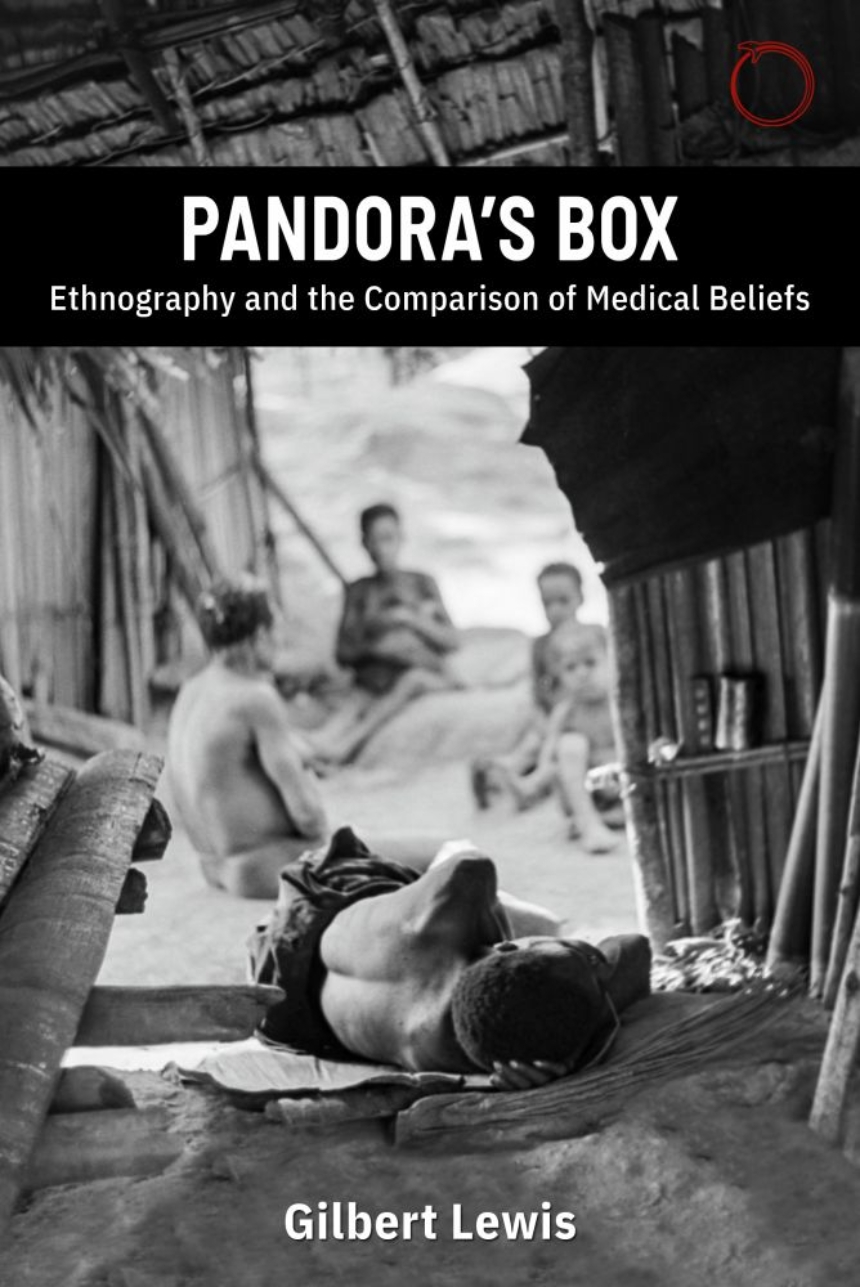Pandora’s Box: Ethnography and the Comparison of Medical Beliefs
The 1979 Lewis Henry Morgan Lectures
9781912808328
Distributed for HAU
Pandora’s Box: Ethnography and the Comparison of Medical Beliefs
The 1979 Lewis Henry Morgan Lectures
In this book, written between 1979 and 2020, Gilbert Lewis distills a lifetime of insights he garnered as a medical anthropologist. He asks: How do different cultures' beliefs about illness influence patients' abilities to heal? Despite the advances of Western medicine, what can it learn from non-Western societies that consider sickness and curing to be as much a matter of social relationships as biological states? What problems arise when one set of therapeutic practices displaces another?
Lewis compares Indigenous medical beliefs in New Guinea in 1968, when villagers were largely self-reliant, and in 1983, after they became dependent on Western medicine. He then widens his comparative scope by turning to West Africa and discussing a therapeutic community run by a prophet who heals the ill through confession and long-term residential care.
Pandora's Box began life with the prestigious Lewis Henry Morgan Lectures that Gilbert Lewis delivered in 1979 at the University of Rochester. He expanded them with materials gathered over the next forty years, completing the manuscript a few weeks before his death. Engagingly written, this book will inspire anthropologists, medical professionals, students, and curious readers to look with new eyes at current crises in world health.
Lewis compares Indigenous medical beliefs in New Guinea in 1968, when villagers were largely self-reliant, and in 1983, after they became dependent on Western medicine. He then widens his comparative scope by turning to West Africa and discussing a therapeutic community run by a prophet who heals the ill through confession and long-term residential care.
Pandora's Box began life with the prestigious Lewis Henry Morgan Lectures that Gilbert Lewis delivered in 1979 at the University of Rochester. He expanded them with materials gathered over the next forty years, completing the manuscript a few weeks before his death. Engagingly written, this book will inspire anthropologists, medical professionals, students, and curious readers to look with new eyes at current crises in world health.
Reviews
Table of Contents
Preface
Part I. Being ill
Chapter 1. Pandora’s box
Chapter 2. Village illness and a panic
Chapter 3. Long suffering and injustice
Chapter 4. The introduction of a medical aid post
Part II. Recognizing and defining illness
Chapter 5. The meaning of “leprosy”
Chapter 6. The right diagnosis
Chapter 7. Normality and values
Chapter 8. No simple definition
Part III. The experience of change
Chapter 9. Bregbo, a healing center in Côte d’Ivoire
Chapter 10. Witchcraft and depression
Chapter 11. The impact of events
Part IV. Treatment
Chapter 12. Healing actions
Chapter 13. A Sepik performance of treatment
Chapter 14. Faith and the skeptical eye
Appendix: Transcription of Milek’s healing
Part I. Being ill
Chapter 1. Pandora’s box
Chapter 2. Village illness and a panic
Chapter 3. Long suffering and injustice
Chapter 4. The introduction of a medical aid post
Part II. Recognizing and defining illness
Chapter 5. The meaning of “leprosy”
Chapter 6. The right diagnosis
Chapter 7. Normality and values
Chapter 8. No simple definition
Part III. The experience of change
Chapter 9. Bregbo, a healing center in Côte d’Ivoire
Chapter 10. Witchcraft and depression
Chapter 11. The impact of events
Part IV. Treatment
Chapter 12. Healing actions
Chapter 13. A Sepik performance of treatment
Chapter 14. Faith and the skeptical eye
Appendix: Transcription of Milek’s healing

